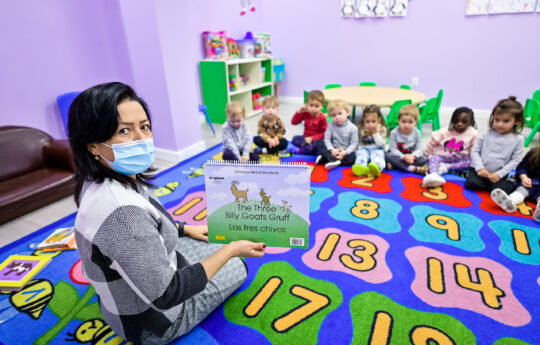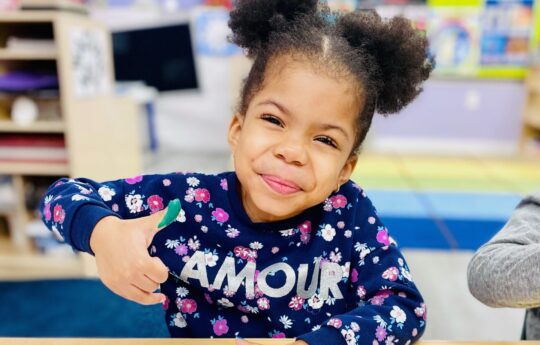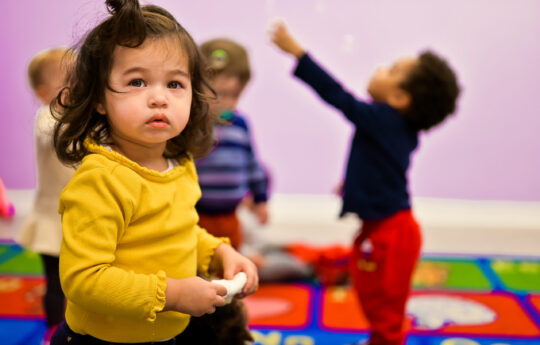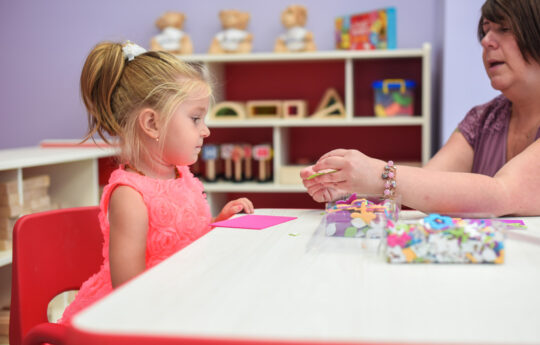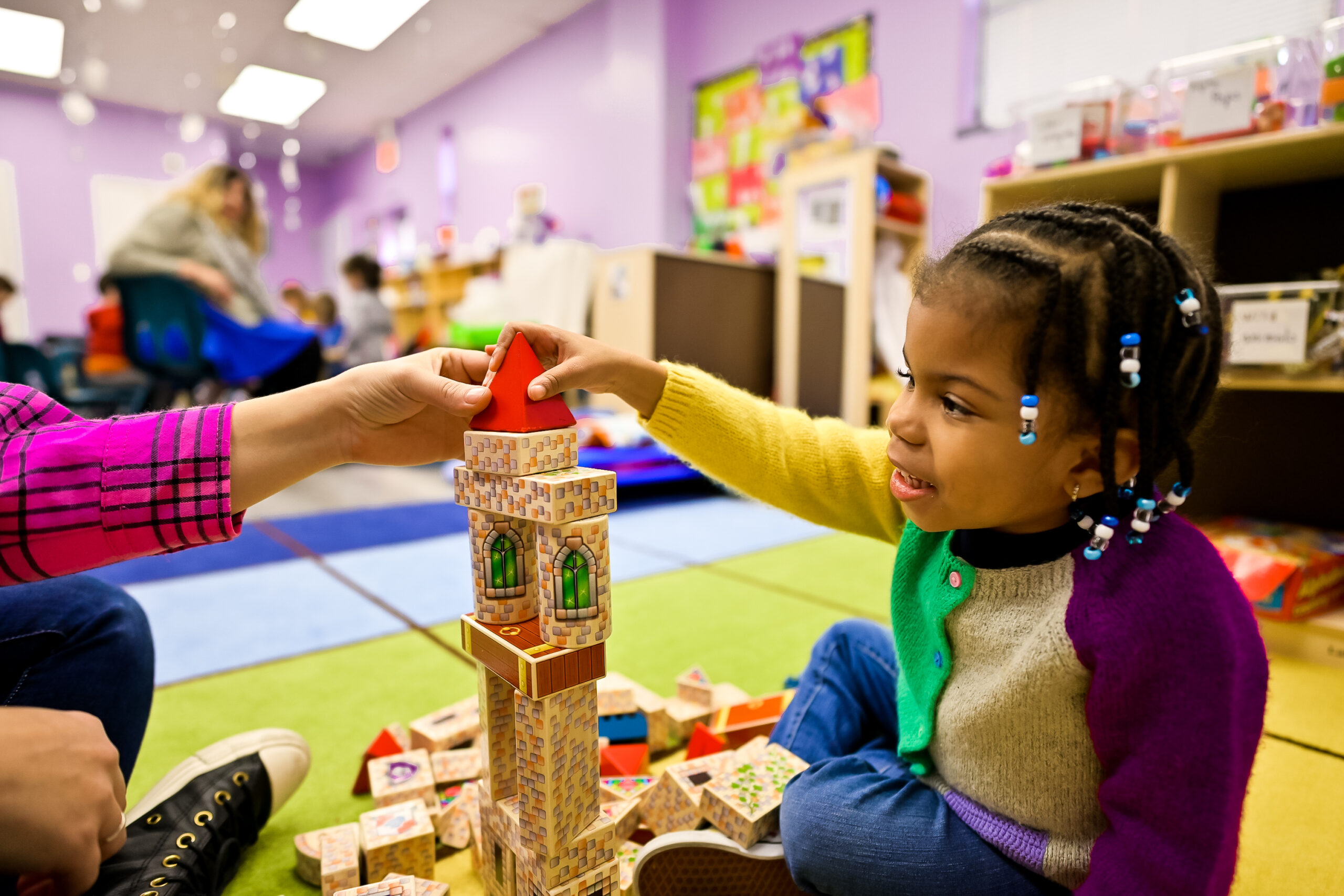
Learning through play is a kind of developing method for early childhood education, which became very popular in recent years. Play is the work of childhood, which not only makes the studying process fun and interesting for children, but also provides amazingly high-quality mastering of knowledge and skills.
Children’s play perfectly combines exciting leisure time with mastering the basic knowledge and skills of the elementary school curriculum. Children enjoy playing them not only because they are useful, but since they are fun and stylish. The child can memorize something and forget about it in a few days, however, when they play to learn – kids will remember it for the rest of their lives.
Why to choose learning through play?
Many parents are faced with how meticulously and carefully the child is able to perceive, remember and analyze information that, for some internal reasons, is attractive to them. This can be perfectly achieved with learn and play, as little brains better concentrate on bright, interesting and unusual objects used during playing.
Benefits of types of play in children:
- Learning a sequence of numbers (at first, the child reproduces it simply by heart, like a counting machine, regardless of the number).
- Mastering the principle of constancy of quantity, which is the importance of play in child development.
- Matching the icons on paper with the names of numbers and remembering them.
- Mastering the rules of addition in relation to material objects.
- To master the algorithm of addition by counting objects when children learn through play.
- Automating and memorizing a large number of information and words.
Educational activities for play develop not only skills and knowledge in a particular subject, but also cognitive abilities, intelligence, social skills, which are especially important for success in school, subsequent education, work, sports and creativity.
Learning through play: how do children learn?
The play approach relies on the natural curiosity inherent in every child, forming on its basis a taste for intellectual entertainment and positive educational motivation in general, which is of great importance of play in child development before school.
For example, trying the game of counting fruits enables the child to solve in their heads more than a hundred examples of addition and number composition in ten minutes. It is striking that even “difficult” students, whose teachers note problems with concentration, show the highest productivity thanks to learning by playing.
When children learn through playing, they can quickly and firmly master information due to variable repetition, intensive practical use and associative memory. Besides, how children learn depends on high game motivation, involvement in the process and positive emotional background, stimulating their intellectual development.
The importance of play in child development
A lot of parents ask: why is play important? This method is the most natural and motivating activity for children, as long as the main natural function of play is learning. Unlike performing formal tasks, playing for children is perceived as a very important and meaningful activity, that’s why it’s so difficult to take children away from play. Learning through playing allows you to place knowledge and skills that need to be mastered within the school curriculum in the child’s “hot attention” zone.
Moreover, as kids learn through play, they persistently want to study, and are ready to learn with concentration, sometimes for more than one hour in a row (although before that it was a problem to sit down for ten minutes)! Eventually, the importance of play in early childhood lies in the fact that from six to seven years old, children can regulate the process themselves, playing with each other without the participation of adults.

